Ten Years On: Dark Messiah of Might and Magic
October 21, 2016 | 11:27
Companies: #arkane-studios #bethesda #ubisoft

Ten Years On: Dark Messiah of Might and Magic
It’s fascinating to look back at Dark Messiah through the lens of Dishonored. So much of what made Arkane’s magical murder sim special is built atop of foundations originally laid in this curious chapter in the studio’s history: the multiple ways you can approach combat; the game’s creative relationship with physics and the environment; first-person sword-fighting that actually works. Even Dishonored’s in-combat music is a variation of the score used in Dark Messiah.All of these elements, so lauded in Dishonored, are present and functional in Arkane’s fantasy adventure. Why, then, is Dark Messiah’s reputation so mottled while Dishonored’s sparkles so brilliantly? Fair enough, Dark Messiah doesn’t sport the same level of quality as Arkane’s later work. But if you look back at the original critical reception of Dark Messiah, a lot of people hated it, with respectable sites like Gamespot and the dearly departed 1UP giving it remarkably low scores. Even in the warmer reviews, there was an overall tone of 'Well, it’s good, but it’s not…'
Oblivion. Dark Messiah had the misfortune to launch about six months after The Elder Scrolls IV, the game that catapulted Bethesda from developers of quirky and ambitious RPGs into the megastars of virtual fantasy. Oblivion, with its go-anywhere, do-anything attitude toward player agency, was the last word in RPGs in 2006. When Dark Messiah released later that year, it both looked and played much like Oblivion, except for the fact that it had a broadly linear structure, and by that point linear games were so passé.
To a certain extent, Dark Messiah was a victim of circumstance. There were other hindrances too, such as its heritage. The decision by Ubisoft to lend a first-person action RPG the Might and Magic license is a truly bizarre one. In terms of tone, Might and Magic has always leant towards fairytale castles, knights in shining armour and enough lore to fill a library. Fans of the series would have been bamboozled by Dark Messiah’s switch to violent first-person action, while non-fans would have been left wondering what the Might and Magic label was all about.
So Dark Messiah resembled Oblivion but wasn’t Oblivion, and had the Might and Magic name but wasn’t a Might and Magic game. Talk about starting on the back foot. It’s a real shame, because as action games go, Dark Messiah is buckets of fun and wildly inventive to boot (‘boot’ being the operative word). It is perhaps the most underrated game of the last generation.
It even does some things better than Dishonored. In particular, sword-fighting. Dishonored’s fencing system, while slick and engaging, is simplistic and riddled with canned kill animations. To an extent the watering-down is necessary; Dishonored has a much broader scope than Dark Messiah, and entrusts the player with a lot of different abilities at the same time. Nevertheless, it pales in comparison to Dark Messiah’s superb melee combat. It blends an admittedly flail-y light attack with directional 'charged' strikes, which cause your character Sareth to lunge and slash with palpable force, knocking enemies off balance or even off their feet entirely.

MSI MPG Velox 100R Chassis Review
October 14 2021 | 15:04

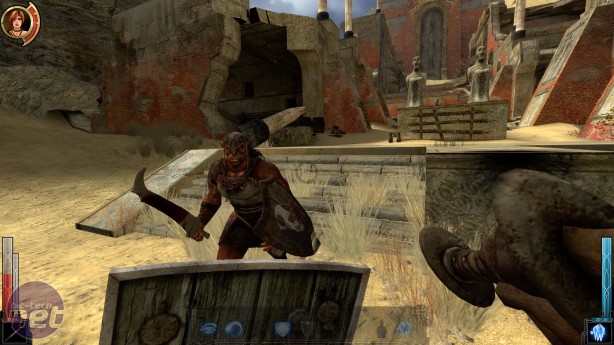
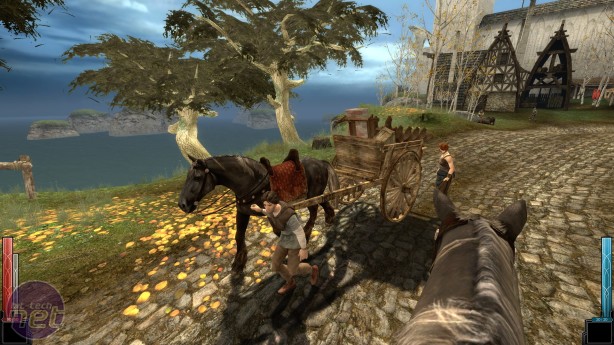
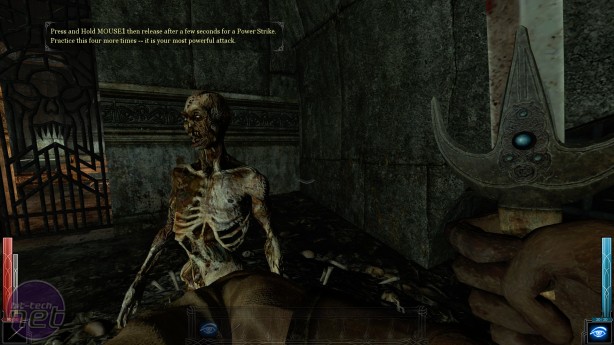
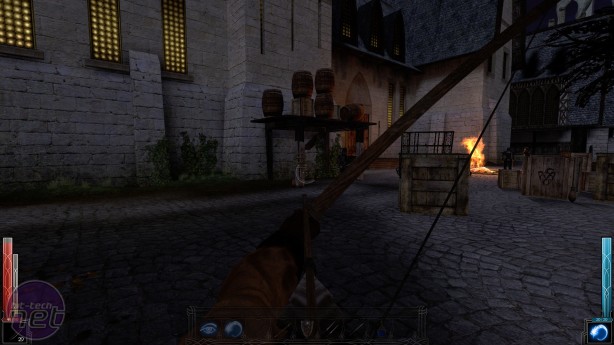

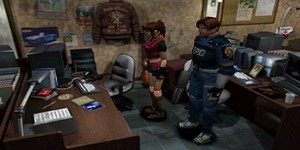
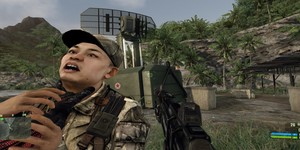





Want to comment? Please log in.